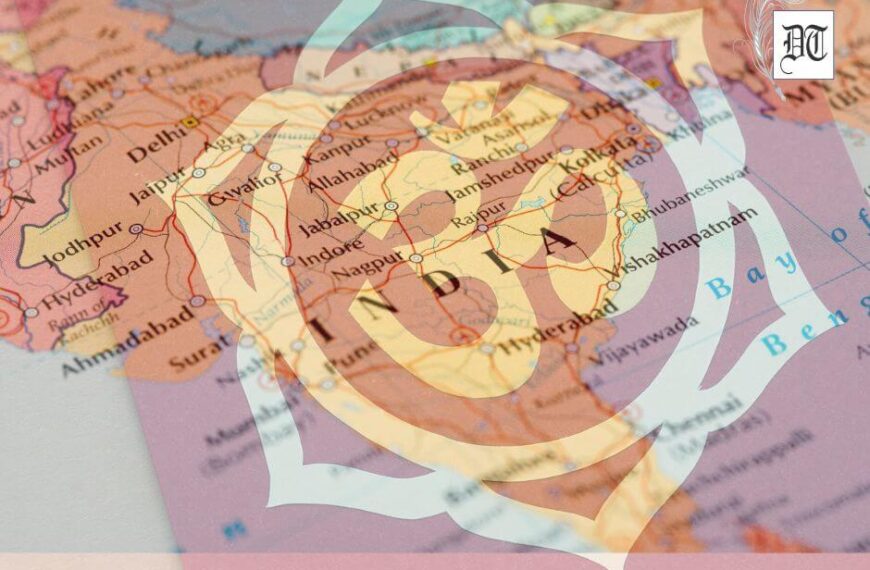Disconnecting roots of violence from religion would be disregarding the historical facts. Violence is deeply rooted in almost all religions. Some religion propagate violence openly, some are discreet. Following the recent suicide bomber attack in a Medina mosque, Dhaka carnage, the killings in Brussels and Turkey by terrorists show us violence which is red in tooth and claw. Norway-based Amit calls for an open discussion to mitigate intolerance all around us. Here’s an analysis in Different Truths.
These are indeed turbulent times for world religions, especially for Islam. Killings of innocent people in Brussels and Turkey airport, and now hacking of non-Muslims in Bangladesh at Dhaka Cafe on July 2, 2016, has raised questions about the inherent violent nature of religion. People around the globe are perplexed and sacred the way religious extremist are increasingly becoming intolerant too with their faith. In the times when people are blown up on daily basis just because of thinking differently and having different religion thus, it would be futile to dispel the link between violence and religion as quite often done by many.
To prevent radicalisation and to stop religious terrorism, discussing the violent nature of religion-for the believers and non-believers and for world peace, is equally important. After every terrors attack, we hear such words, ‘terrorism has nothing to do with the religion’, in my opinion this is a half hearted attempt to white wash the fact the most of the terror attack is religiously inspired, driven by specific religious goals.
Disconnecting roots of violence from religion would be disregarding the historical facts. Violence, more or less, is deeply rooted in almost all religions. Some religion propagate violence openly, some are discreet; in Christianity, classic cases of Spanish Inquisition against Protestants are well recorded; Hindu holy book Gita came out of war and does eulogise war, and recitations in Korean to torment the non-believers, are some examples of intolerance to those who religiously think differently.
Think, what is common among these places – southern Thailand, Mindnao in Philippines, north-eastern China and Kashmir in India- all infested by religious terrorism. There is no denying fact that there is a violence going on in these conflict zones, and the root cause is religion. These are wars being fought for separate religious identity. And the problem is, these wars are not inspired to create a multicultural society where everyone is equal. Religious people are fighting to create a separate land for them, and to impose their religious ideology on others.
Terror acts of Islamic groups and separatist Islamic movements are inherently driven by a religious ideology. In the distant past, in Christianity, such religious violence were directed towards Protestants by conservatives Catholics (Remember Spanish Inquisitions), also, Buddhist are doing the same thing to Rohingya Muslims in Myanmar.
Thus, by denying the inherent connection between religion and violence, is a disregard to the innocent victims of religious terrorism; and, on the part of believers- it simply shows the lack of honesty to prevent and curb religious violence. Religion is no longer limited to the private faith of the believers, but it also increasingly becoming political in nature with ambition to controlling all aspects of lives of everyone-forcefully.
Rethinking Religion is a Solution
Religions does not content merely with its promotion, but also coercion and imposition of its rules on non-believers and freethinkers. And forceful coercion and strict imposition of religions laws/rules generate violence especially against non-believers or those who think differently. Violence cannot be absolutely curbed from religion, though it can be prevented. For some religious believers (more than others) it would be insurmountable task to de-link their religion from violence, however, for the sake of multicultural peaceful word (and to prevent radicalization of new generation) rethinking of religion seems a necessary criterion for world peace. Most sacred religious books, verse and teachings must be exposed to merciless public analysis. Every principle considered, religious (especially those affecting other faith and non-believers) must be brought to the public realm for clear explanation and criticism. And one must not offend to have their religion scrutinized; also there is no such things exist as Freedom not to be offended.
Peace can come only with admittance, the fact that there is violence ingrained in religions which requires deep analysis and discussions at global forum rather than rejecting the connection between religion and violence. These discussions were relevant in the distant past, and will be equally important in the near future. In this internet age, religion may have a one’s personal and private choice but, now it has global implications quite often resulting in a negative manner especially to those who think differently.
©Amit Singh





 By
By
 By
By

 By
By